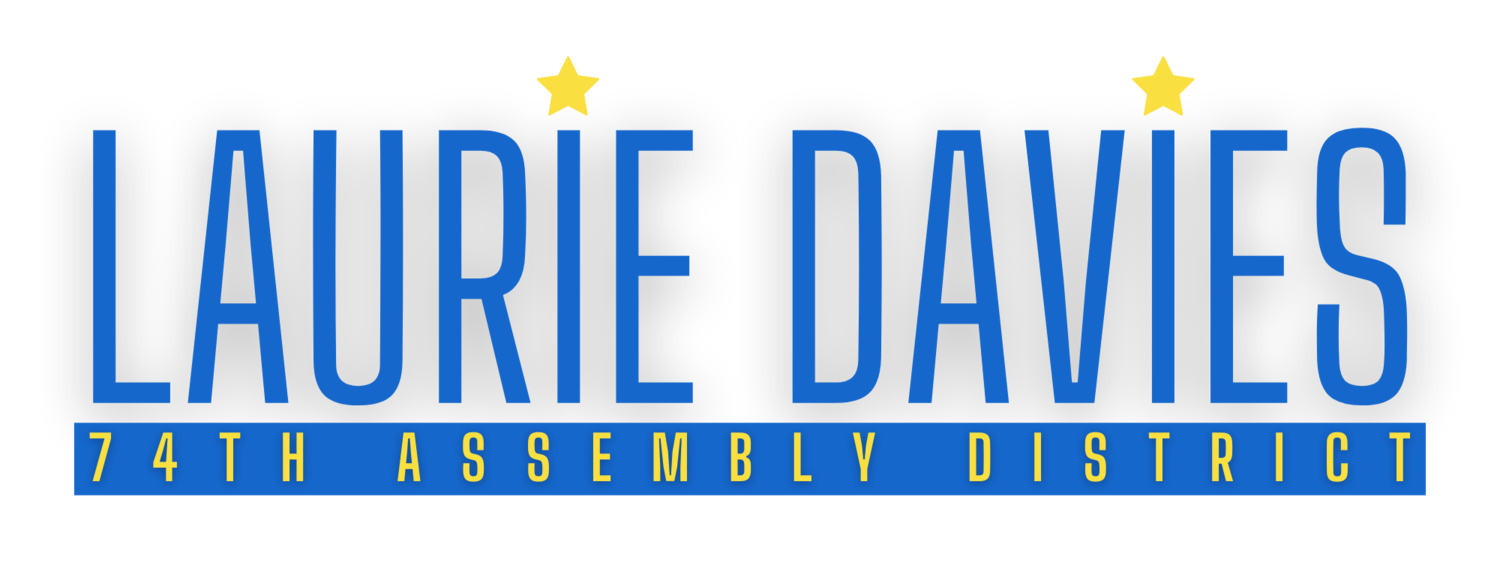California Lawmakers Propose Slate of Reforms for State’s Troubled Unemployment Agency
After a pair of scathing audits confirmed California’s troubled unemployment agency has been plagued by years of mismanagement, state lawmakers on Thursday announced a raft of new bills to speed up the payment of jobless benefits and reduce fraud.
The package of bills proposed by nine Assembly members is aimed at forcing change at the state Employment Development Department, which was criticized by the state auditor last week for delays in providing unemployment benefits despite having been warned of problems in the system a decade ago.
The proposals would allow benefits to be provided by direct deposit rather than issued with debit cards sent through the mail, would require the agency to check claimants against lists of prison inmates to prevent fraud and would establish an Office of the Claimant Advocate to help people with claim problems.
“Many of the issues EDD is facing today have been known since the Great Recession,” said Assemblyman David Chiu (D-San Francisco). “Almost nothing was done to fix the problems or plan for another economic downturn.”
The EDD has been slow to respond to an unprecedented flood of unemployment benefit applications that resulted from the state shutting down much of the economy to stop the COVID-19 pandemic that began nearly a year ago.
Lawmakers said during a video news conference Thursday that many residents with legitimate unemployment claims have been harmed by an EDD decision to suspend 1.4 million claims in December to make sure they are not fraudulent.
Bay Area resident Laurel Carter joined the lawmakers’ event, saying her legitimate claim was suspended in mid-December with “no other explanation given.” She had difficulty uploading documents to prove her identity and was told she would have a five-hour wait to talk to a representative for help.
“I slept with my computer on for eight days just thinking that maybe in the middle of the night I would hear a ding and it would be someone that would speak to me,” Carter said. “I am now six weeks in without any payment.”
Though EDD Director Rita Saenz told lawmakers on Wednesday that she is committed to implementing improvements to the agency recommended by the state auditor and a strike team of government experts appointed last year by Gov. Gavin Newsom, skeptical lawmakers in both parties have introduced 20 bills in recent weeks in an attempt to more quickly address problems. They include legislation by Assemblywoman Lorena Gonzalez (D-San Diego) that would provide claimants with the option to receive their unemployment benefits via direct deposit to their bank accounts.
Currently, most jobless Californians are mailed a debit card that contains benefit payments, but the cards have proved vulnerable to being stolen or redirected to addresses used by fraudsters — more than 460,000 cards have been frozen by their issuer, Bank of America, pending investigations of possible fraud.
California is one of just three states in the country that does not offer a direct deposit option, which can also help eliminate delays created by sending debit cards through the mail, Gonzalez said.
“Widespread problems with EDD’s debit cards have prevented countless working families from putting food on the table or paying bills during this difficult year,” she said.
A similar bill has also been introduced by a group of Republican lawmakers led by Assemblyman Smitty Smith of Apple Valley. In addition, legislation by Assemblywoman Laurie Davies (R-Laguna Niguel) would provide for chip-enabled benefit cards to further increase security.
